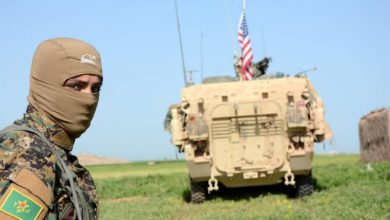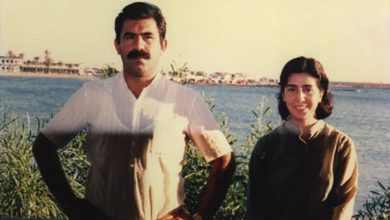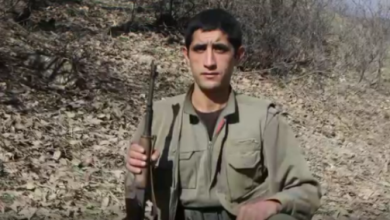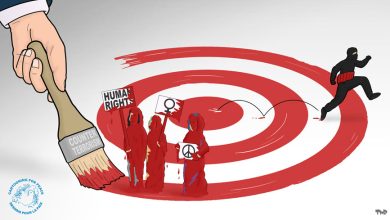Amateurs have always been an integral part of any kind of scientific environment, especially in the humanities (and primarily in history and linguistics). However, if this concomitant process usually creates a separate genre that has its own rules and specifications, the amateurish tendency in Kurdish – due to its overly politicized component – has become a dominant tendency and in many ways blocking the progress of the field. And defines its goals and even the scale of its values. These conditions have, in fact, been one of the perennial obstacles for many generations of Kurdology scholars who have tried to follow academic principles and research methodology.
One of my late Kurdology professors, Isaac Tsukerman, used to warn all beginners that “Kurdology is a very difficult field of study”. Early on, I considered the professor’s warning to be an exaggeration, but over time I understood the truth of what he was saying and understood what he really meant.
Garnik Asatrian is a professor of Kurdish Studies at the Slavonic (Russian-Armenian) School of Yerevan. He has published several books including “The Kurds and Their Origin” and more than one hundred articles on the Kurds.






